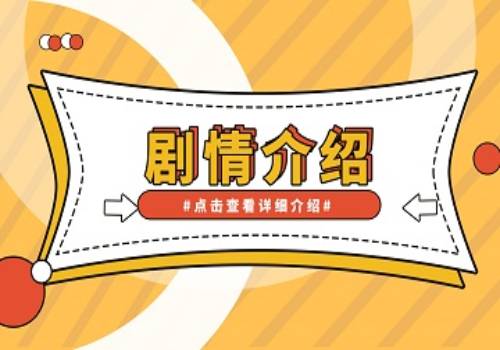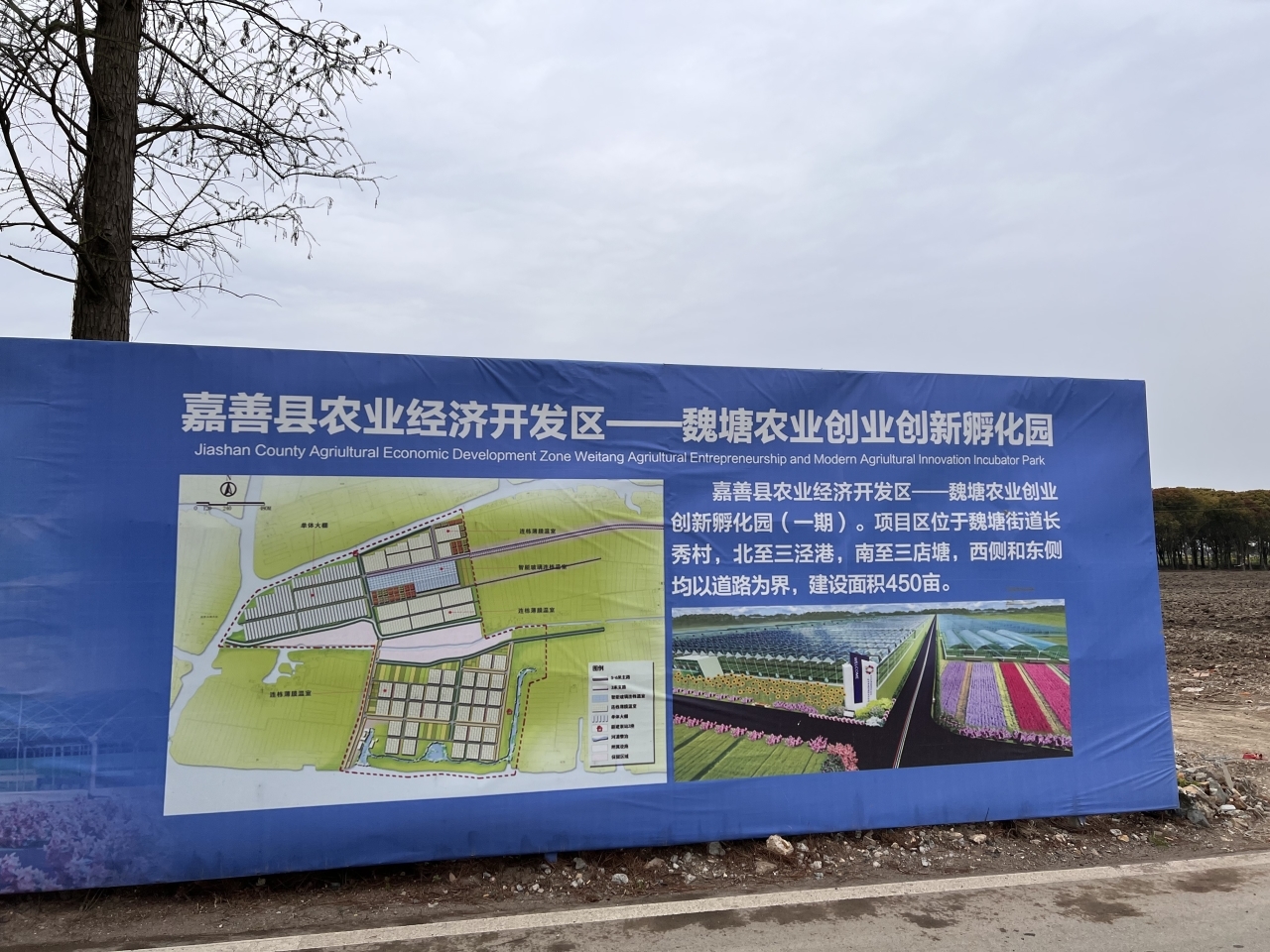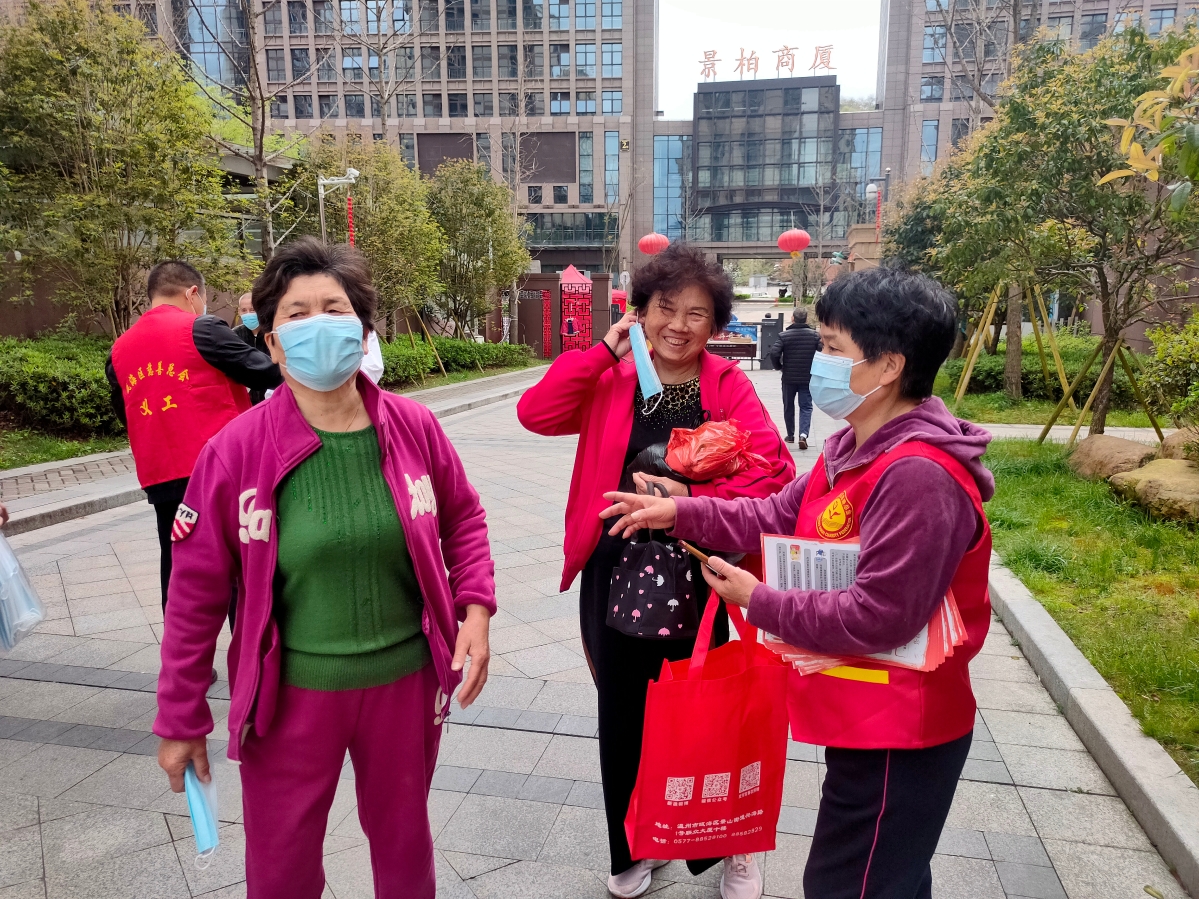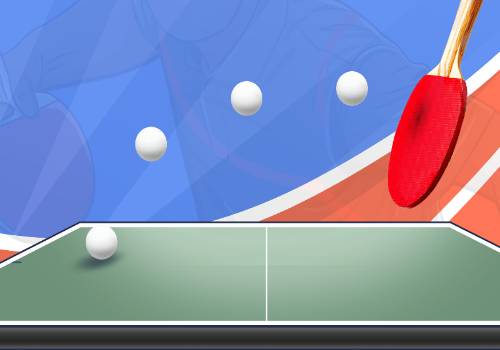【来源龙腾网】
正文原创翻译:
“I love you, mom, dad.”
 (资料图)
(资料图)
“我爱你们,妈妈,爸爸。”
That’s something we hear children and adults alike say to their parents in movies and TV shows. And in everyday life, of course.
这是我们在电影和电视节目中听到孩子和成人对他们的父母说的话。当然,在日常生活中也是如此。
But funnily enough, be it in reality or the fictional worlds, the phrase of affection “I love you” is rarely uttered by Asians to their parents, whether in English or in their mother tongue.
但有趣的是,无论是现实世界还是虚构世界,亚洲人很少对父母说出“我爱你”这句深情的话,无论是用英语还是母语。
I’m admittedly one of these Asians. Never once have I said “I love you” to the folks face-to-face or even over the phone. To me, it’s a strange thing to do.
诚然,我是这些亚洲人中的一员。我从来没有当面甚至通过电话对人们说“我爱你”。对我来说,这是一件很奇怪的事情。
Why?
为什么?
Recently, I chanced upon an interesting article about this phenomenon. It suggests Confucian teachings and Asians who tend to educate their children with negative language (or aren’t good at expressing positive emotion) may be why many Asians hesitate to say these three words to the family.
最近,我偶然看到一篇关于这种现象的有趣文章。 研究表明,儒家教义和亚洲人倾向于用负面语言(或不善于表达积极情绪)来教育孩子,这可能是许多亚洲人不愿对家人说这三个字的原因。
This arguably makes sense. A lot of the time, Asian kids grow up on the receiving end of countless dictator-esque verbal instructions. Typical Asian parents are known to constantly chide their offspring for not getting straight A’s in their exams, for not practicing their musical instrument or for playing under the hot sun.
这可以说是有道理的。很多时候,亚洲孩子在接受无数独裁式的口头指令的情况下长大。众所周知,典型的亚洲父母经常责备他们的孩子,因为他们在考试中没有拿到全A,因为他们不练习乐器,或者在烈日下玩耍。
These scenes are some of the most vivid ones of my childhood and to this day my mum’s nagging still rings in my ears. I never forgot and still remember how unhappy I was on these occasions. Consequently, hostility towards our Asian parents may consciously or unconsciously build up within us when we are naïve kids and stick to our heart as we grow older – affection are hardly allowed to thrive.
这些场景是我童年时期印象最深刻的场景之一,直到今天,妈妈的唠叨仍在我耳边回荡。我从来没有忘记,也仍然记得我在这些场合是多么不开心。因此,当我们还是不成熟的孩子的时候,对亚洲父母的敌意可能会有意识或无意识地在我们心中建立起来,随着年龄的增长,这种敌意会一直存在于我们的心里——亲情很难增长。
Secondly, Asian culture prides achievement and saying “I love you” can make an Asian person look like they’re wavering from reaching their next milestone. Metaphorically, many Asians frequently keep a focused eye on the prize. Just look at the late night overtime work culture in Hong Kong and Singapore. Accordingly, family time is limited and come such occasions, we’re at a loss to vocally express affection to our parents face-to-face – we simply don’t think about doing so in the first place, being so absorbed in chasing chimeras.
其次,亚洲文化以成就为傲,说“我爱你”会让一个亚洲人看起来对达到下一个成就里程碑犹豫不决。打个比方说,许多亚洲人经常把注意力集中在实现自身价值上。只要看看香港和新加坡的深夜加班文化就知道了。因此,和家人在一起的时间是有限的,遇到这样的场合,我们不知所措,无法面对面地向父母表达我们的感情——我们根本就没有想过这样做,因为我们太专注于追逐目标。
Or perhaps many Asians are just (stereotypically) too shy to “talk back” to their elders at home and tell them that they love them in their face.
又或者,许多亚洲人只是太害羞了(刻板印象),不敢在家里跟长辈“顶嘴”,也不敢当面告诉他们自己爱他们。
All this doesn’t mean Asians don’t love their parents. One can say we often express gratitude to our family through unspoken means (this is not to say other races don’t do this. I’m sure they do too). And actions speak louder than words.
但这一切并不意味着亚洲人不爱他们的父母。可以说,我们经常通过心照不宣的方式表达对家人的感激之情(当然这并不是说其他种族不会这样做。我相信他们也一样)。行动比语言更响亮。
Many of us (grudgingly) take up music lessons because we realise our parents are lucky enough to give us the opportunity to do so, or at least realise this when we’re older. A lot of us are typical Asian nerds, studying hard and graduating with decent grades to make our nagging parents proud. Symbolic forms of love.
我们中的许多人(不情愿地)上音乐课,因为我们意识到我们的父母很幸运地给了我们这样的机会,或者至少在我们长大后意识到了这一点。我们很多人都是典型的亚洲书呆子,努力学习,以不错的成绩毕业,让唠叨的父母感到骄傲。这其实也是爱的表达形式。
Some of us materialistically treat our parents to lavish banquets to express our love. Then there’s not forgetting filial piety, a virtue valued by many Asians.
我们中的一些人为了表达对父母的爱,会用丰盛的宴席款待父母。此外,也别忘了孝顺,这是许多亚洲人所推崇的美德。
I remember once as a kid I decided to show my appreciation to my parents. When I was living in Malaysia, nine year old me made a shabby paper bird sculpture to give to dad on his birthday. When I presented it to him, he said with a furrowed face, “What’s this?”, callously flicked it aside and went back to reading the paper. I never saw that sculpture again.
我记得当我还是个孩子的时候,我决定向我的父母表达我的感激之情。在马来西亚生活的时候,九岁的我做了一个破旧的纸鸟雕塑,在爸爸生日那天送给了他。当我把它拿给他时,他皱着眉头说:“这是什么?然后冷酷地把它弹到一边,继续看报纸。这之后我再也没见过那个雕塑。
At the end of the day, as the saying goes, it’s the thought that counts. Sure, many of us Asians might not say “I love you” to our parents, but deep down I bet we do treasure the love our parents have for us. After all, just like any random person next to us, we’re all people with feelings, social creatures of some sort that need to love and be loved in return.
俗话说,在一天结束的时候,思想才是最重要的。当然,我们很多亚洲人可能不会对父母说“我爱你”,但我敢打赌,在内心深处,我们确实珍惜父母对我们的爱。毕竟,就像我们身边的任何一个人一样,我们都是有感情的人,都是某种需要爱和被爱的社会生物。
原创翻译:龙腾网 http://www.ltaaa.cn 转载请注明出处
Do you say “I love you” to your parents, or do your kids say this to you?
你对你的父母说过“我爱你”,还是你的孩子对你说过“我爱你”吗?

-
 全球看点:国家医保局:持续扩大药品集采覆盖面国家医疗保障局办公室发布《关于做好2023年医药集中采购和价格管理工作的通知》。通知提出,持续扩大药品集采覆盖面。开展第...
全球看点:国家医保局:持续扩大药品集采覆盖面国家医疗保障局办公室发布《关于做好2023年医药集中采购和价格管理工作的通知》。通知提出,持续扩大药品集采覆盖面。开展第... -
 世界热头条丨3月私募信心指数下降 管理人多持中性态度私募排排网1日发布调查报告显示,3月,排排网·中国对冲基金经理A股信心指数为122 3,较上月下降3 7%。
世界热头条丨3月私募信心指数下降 管理人多持中性态度私募排排网1日发布调查报告显示,3月,排排网·中国对冲基金经理A股信心指数为122 3,较上月下降3 7%。 -
 环球快资讯丨【环球财经】1日东京两大股指上涨 日经指数涨0.26%东京股市两大股指1日齐涨。日经225种股票平均价格指数收盘上涨0 26%,东京证券交易所股票价格指数上涨0 23%。
环球快资讯丨【环球财经】1日东京两大股指上涨 日经指数涨0.26%东京股市两大股指1日齐涨。日经225种股票平均价格指数收盘上涨0 26%,东京证券交易所股票价格指数上涨0 23%。 -
 【世界聚看点】【新华500】新华500指数(989001)3月1日上涨1.22%新华500指数(989001)3月1日收盘涨1 22%,报4588 78点。指数盘中最高触及4597 26点,最低触及4522 32点,成分股全天总成交额报3286亿元。
【世界聚看点】【新华500】新华500指数(989001)3月1日上涨1.22%新华500指数(989001)3月1日收盘涨1 22%,报4588 78点。指数盘中最高触及4597 26点,最低触及4522 32点,成分股全天总成交额报3286亿元。 -
 科创板收盘播报:科创50指数涨0.42% 纳睿雷达较发行价涨29.39%至收盘时,科创50指数报994 63点,涨幅0 42%,指数振幅为1 36%。细分领域来看,软件服务股大幅普涨,元器件股及半导体股多...
科创板收盘播报:科创50指数涨0.42% 纳睿雷达较发行价涨29.39%至收盘时,科创50指数报994 63点,涨幅0 42%,指数振幅为1 36%。细分领域来看,软件服务股大幅普涨,元器件股及半导体股多...
-
全球看点:国家医保局:持续扩大药品集采覆盖面
2023-03-01 18:22:14
-
世界热头条丨3月私募信心指数下降 管理人多持中性态度
2023-03-01 15:29:10
-
环球快资讯丨【环球财经】1日东京两大股指上涨 日经指数涨0.26%
2023-03-01 15:33:11
-
【世界聚看点】【新华500】新华500指数(989001)3月1日上涨1.22%
2023-03-01 15:30:49
-
科创板收盘播报:科创50指数涨0.42% 纳睿雷达较发行价涨29.39%
2023-03-01 15:22:47






















